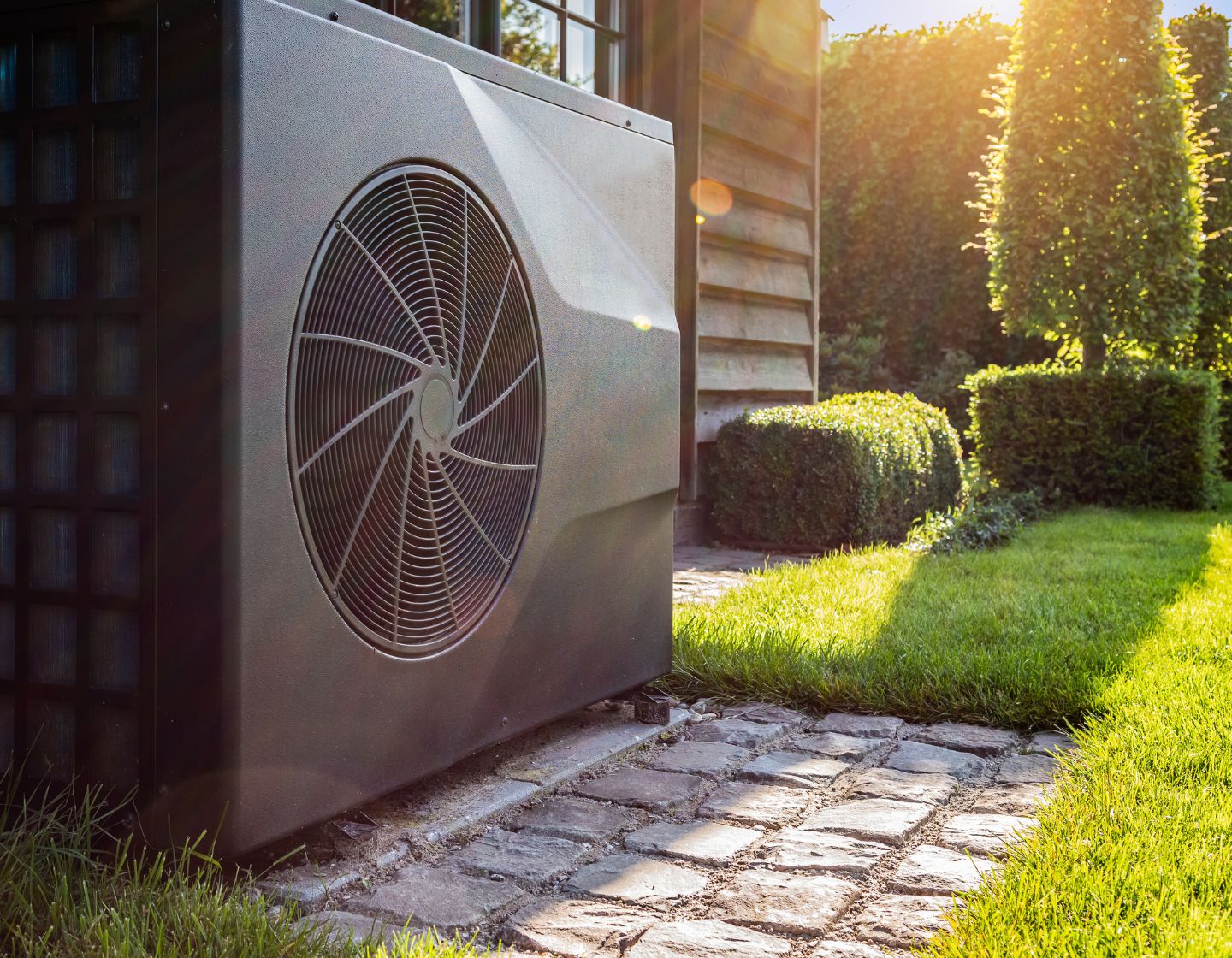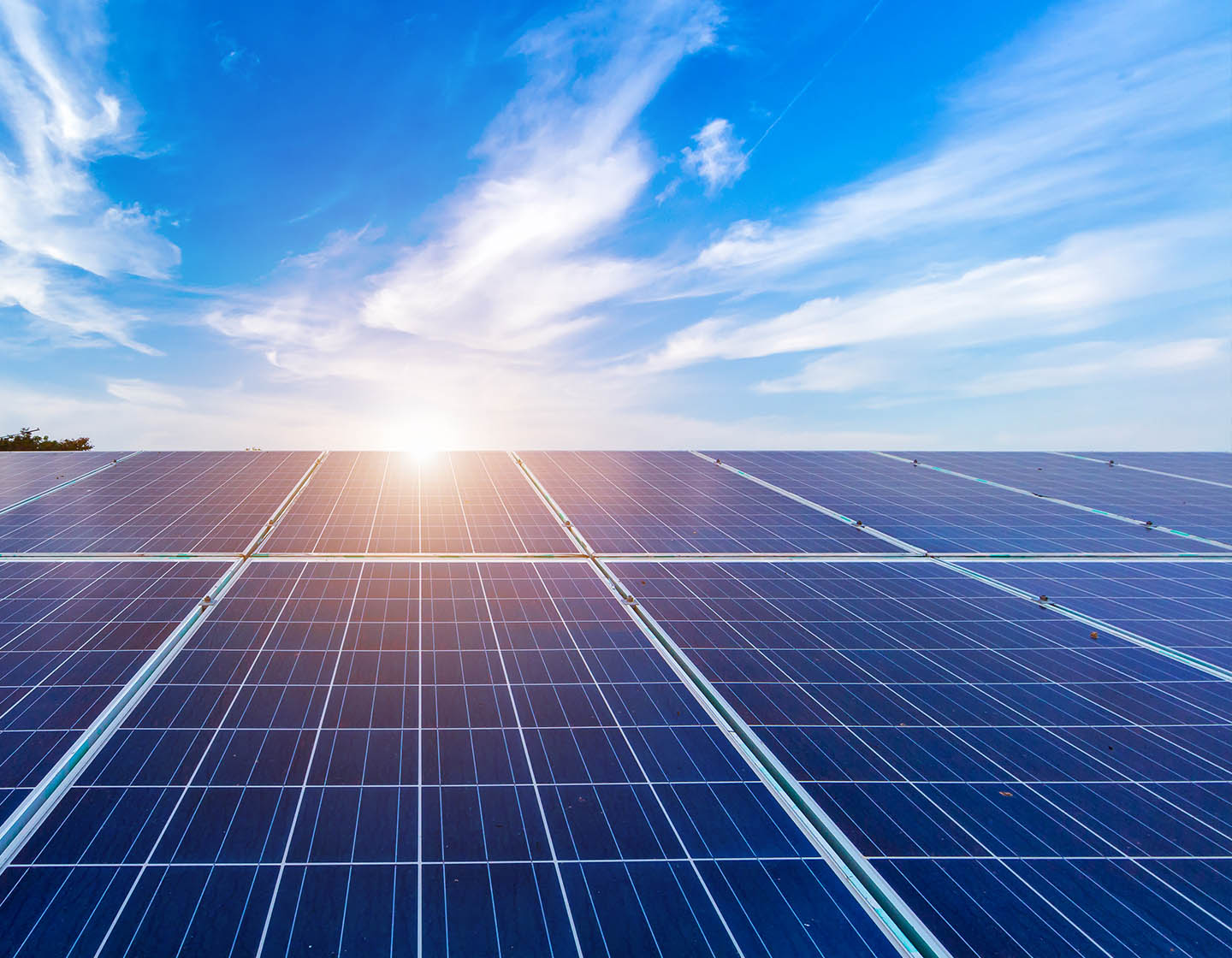Solar panels, heat pumps and EV chargers are a triple win for businesses
Embracing any renewables solution makes sense for companies but the triple win of solar panels, heat pumps and EV chargers is unbeatable.
The Carbon Trust has highlighted that a 20% cut in energy costs represents the same profit savings as a 5% increase in sales. And as energy and fuel costs continue to rise over time, businesses will benefit by blending green technologies.
Heat pumps
Heating and cooling account for around 50% of a building’s energy consumption and the nation’s buildings also are responsible for around 40% of carbon emissions.
The Carbon Trust advises that heat pumps have the potential to deliver CO2 reductions of up to 70% compared to conventional electric heating, and up to 65% compared to an A-rated gas boiler. Heat pumps are four times more efficient than gas generation. They capture and compress the ambient heat from outdoors, converting it into useful warmth, with an amazing 300% efficiency.
Non-domestic buildings should be moving to low-carbon heat sources under Part L of the Building Regulations while the government is aiming for 600,000 heat pump installations a year by 2030. What’s more, the Committee on Climate Change forecasts that 19 million heat pumps will need to be installed by 2050 to meet net zero goals.

Forward-thinking companies like Waitrose are already moving to renewable sources, planning to replace gas boilers with heat pumps in all its supermarkets, while the technology is ideal for deployment in a wide range of sectors, including hotels, schools, colleges, and care homes.
But selecting the most suitable solution is complex and businesses need to work with a trusted partner.
Ground-source and air-source heat pumps have a seemingly expensive up-front cost but they can pay for themselves within a couple of years through substantial energy savings.
Heating efficiency is also partly determined by usage. By installing smart controls, companies can make an immediate impact on bills with just a small up-front cost. If a gradual approach to green heating is required, there are step-change solutions like far infrared.
Solar panels
Solar photo-voltaic (PV) panels reduce a business’s electricity demand from the grid, which cuts energy costs and carbon emissions while demonstrating a clear commitment to a cleaner, safer planet.
Solar panels ensure a company will reduce the stress from ever-rising energy prices and supply risks, with swift and ongoing reductions in electricity bills. Payback can be in as little as 2-4 years, so investing in commercial solar is a no brainer, particularly as energy bills are set to double in the next 10 years.

Companies will also benefit from solar panels and other energy-saving solutions being temporarily zero-rated for VAT, and can claim a 100% first-year capital allowance on the cost of purchase and installation, so the entire cost of the investment can be deducted from taxable profits in the first year.
EV chargers
Companies can also use energy generated by solar panels to charge electric vehicles (EV) – there’s nothing more satisfying than refuelling for free! Moving to EV and installing charging points should be front-of-mind for any company looking to develop a comprehensive sustainability strategy.
There’s no argument now about the cost-effectiveness of EV and companies making the move early have seen substantial savings because their electric fleet vehicles are more efficient, use more affordable fuel and cost much less to maintain.
Switching to EV also reduces vehicle carbon emissions by more than 50%, and cuts tailpipe emissions to zero. Costs of EV lifetime ownership are already cheaper than fossil-fuel vehicles, we’re seeing a rapid reduction in battery costs that should mean many EVs will have a similar price to ICE vehicles within 3 years.
Companies also benefit massively from the superior technology of EVs, with fewer moving parts that need much less maintenance, including no oil changes and practically no part replacements. That means fleet vehicles spend more time on the road and less time in the garage.
Company fuel bills become even cheaper when combined with solar panels to produce power for the EV chargers.

It’s also worth bearing in mind that the Energy Performance of the Buildings Directive already requires new buildings and renovations to be pre-wired to install EV charging points.
The move to EV also helps companies with their sustainability goals and also to keep ahead of evolving government regulations around the electrification of the transport sector. Moving to electric fleets also gives a clear signal to customers and clients that you are actively working on environmental impacts.
EVs can reduce carbon emissions by more than 50% if the electricity used is from renewable sources. Going electric mean that firms can have the best of both worlds, with cost-effective and efficient fleets while demonstrating to green-aware consumers that the need to protect the planet is paramount.
Business EV charging also helps strengthen Environmental Social and Governance (ESG) policies, meaning greater investor appeal, while adding EV charging can increase the value of a commercial building.
For rental properties, EV chargers are a growing requirement and by pairing EV chargers with solar panels for free energy, net operating costs of the building are reduced.
EV chargers providing power for company electric fleets help to reduce congestion charge costs when travelling in London. For example, the Ultra-Low Emissions Zone (ULEZ) scheme can cost £12.50 a day for some fossil-fuel cars, and more for bigger vehicles. EVs and EV chargers provide a future-proof solution to congestion charges of all kinds.
EV charging-as-a-service also opens up a valuable revenue stream, with destination chargers that are open to the general public, allowing the business owners to offer charging as a low-touch revenue generating service.

